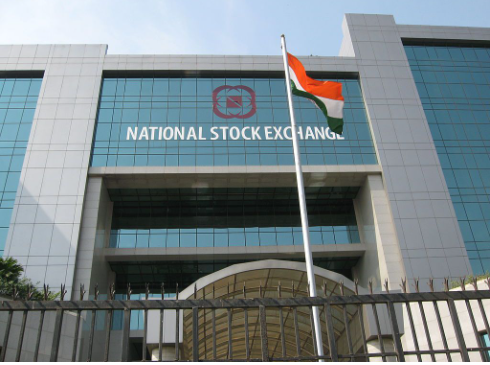National Stock Exchange of India
The National Stock Exchange of India (NSE) is the leading stock exchange in India, located in Mumbai. It was established in 1992 as the first dematerialized electronic exchange in the country. NSE has played a crucial role in transforming the Indian capital market, providing a modern, fully automated screen-based trading system.
History and Establishment
NSE was incorporated in November 1992 as a tax-paying company under the Companies Act, 1956. It was recognized as a stock exchange by the Securities and Exchange Board of India (SEBI) in April 1993 and commenced operations in the Wholesale Debt Market segment in June 1994. The Capital Market segment began operations in November 1994, while the Derivatives segment was launched in June 2000.
Market Segments
NSE operates in several market segments, including:
- Equity Market: This segment includes trading in shares of companies listed on the exchange.
- Derivatives Market: NSE offers trading in various derivative instruments such as futures and options contracts on indices, stocks, currencies, and commodities.
- Debt Market: The Wholesale Debt Market segment facilitates the trading of fixed-income securities, including government securities, treasury bills, and corporate bonds.
- Currency Market: NSE provides a platform for trading in currency derivatives, allowing investors to hedge against foreign exchange risks.
Indices
NSE has several indices that track the performance of various market segments. The most prominent among these is the Nifty 50, which is a benchmark index consisting of 50 of the largest and most liquid stocks listed on the exchange. Other indices include:
- Nifty Next 50
- Nifty Midcap 150
- Nifty Smallcap 250
- Nifty 500
- Nifty Bank
- Nifty IT
- Nifty Financial Services
Technology and Innovation
NSE has been at the forefront of technological innovation in the Indian capital market. It was the first exchange in India to provide a modern, fully automated screen-based electronic trading system. NSE also introduced several other technological advancements, such as:
- Direct Market Access (DMA): Allows brokers to provide their clients with direct access to the exchange’s trading system.
- Co-location facilities: Enables trading members to place their servers in close proximity to the exchange’s trading system, reducing latency and improving trade execution speeds.
- Mobile Trading: NSE has developed mobile applications that allow investors to access market data and trade on the go.
Regulatory Framework
NSE is regulated by the Securities and Exchange Board of India (SEBI), which is responsible for protecting investor interests and promoting the development of the Indian securities market. NSE also has its own regulatory framework, which includes member regulations, listing requirements, and trading rules.
Corporate Governance
NSE is committed to maintaining high standards of corporate governance. The exchange has a well-defined governance structure, with a Board of Directors responsible for overall management and a Management Committee overseeing day-to-day operations. NSE also has several committees, such as the Audit Committee, Nomination and Remuneration Committee, and Stakeholders Relationship Committee, which ensure transparency and accountability in the exchange’s functioning.


